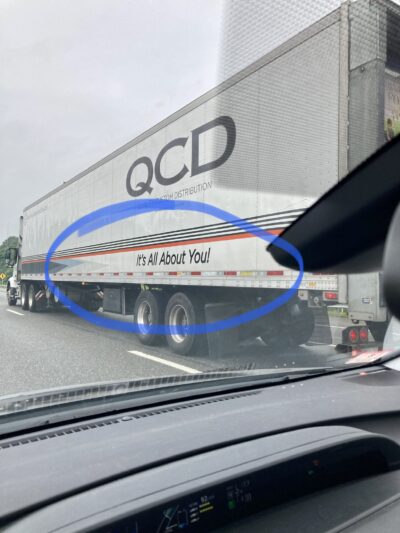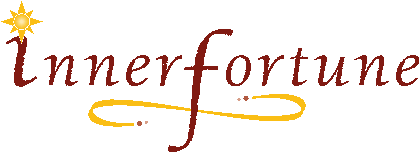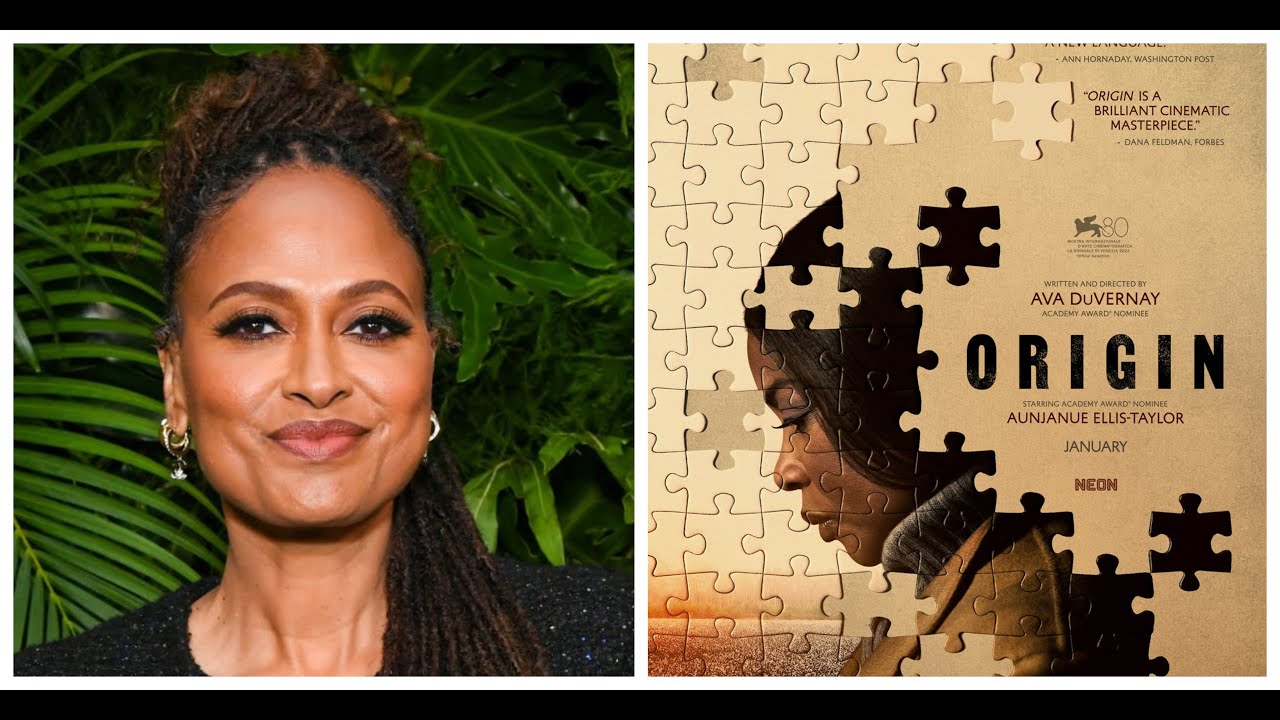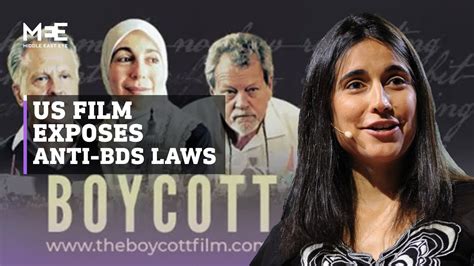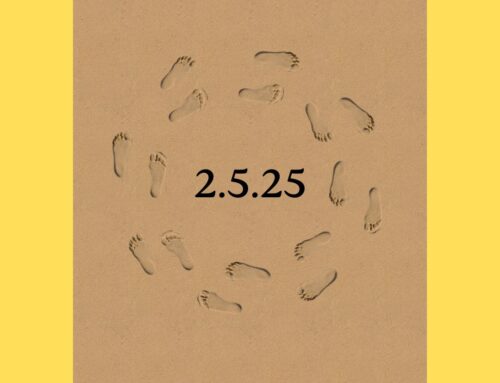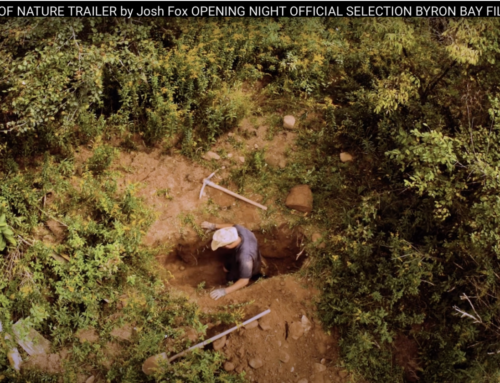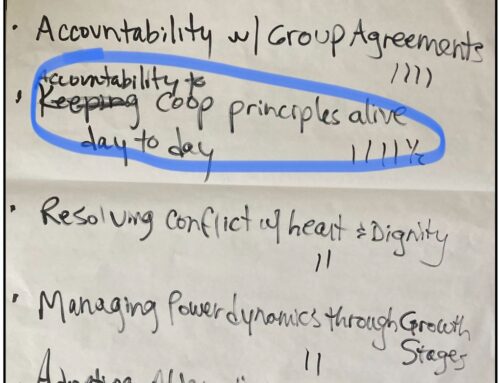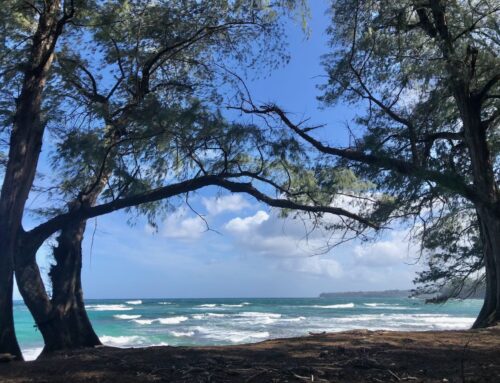Raising a family, caring for children day in and day out, growing deeply sensitive to their ever-changing needs, attending to nutritional, emotional, physical, intellectual, social, and spiritual needs, not to mention needs for adventure and expression, and raising a family well – in this ill society that grows increasingly sicker year after year – is the hardest job imaginable.
And yet mothers, who do the lion’s share of child care and home care and elder care, and all the other care labors that are perpetually, structurally, systematically underpaid and unpaid, deserve not only to be compensated well but to be respected well for rising — day after day after day after day — to the challenge.
It has been a minute since I’ve written a blog for InnerFortune (hard to believe 8 months!). I have been enjoying the privilege of supporting my daughter and helping her and her husband provide care to their new son. My partner and I purchased a tiny home close by so we can be there on weekends for familial and emotional support and the four of us have juggled our schedules so that all of our collective work can align around this child’s needs. I get to care for him two “work” days a week.
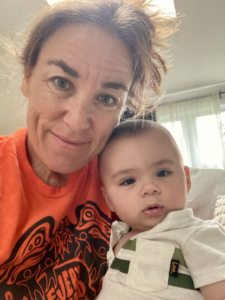
I have also been busy producing a video podcast — 25 episodes so far this year — called Mujéres Co-labor for Peace (MC4P), not to mention client and community work that keeps me deeply engaged. The first season of this podcast focused on healing the effects of misogyny, capitalism, and climate change. The season I am currently producing is all about peaceful dying.
Sometimes I wonder what it would be like to be a standup comedian. Almost every day I get a new idea for a routine in my head. Sometimes I journal about it; I have been an avid journaler since I was a child and developed the InnerFortune journal as a means for sustaining creative spiritual insights. I can very clearly see myself standing in a packed auditorium asking the following question (after something very funny the way many comedians segue to talking about things that aren’t exactly joke material) :
In your streaming platforms, by a show of hands raised up or clapping, how many of you watch the top 10 or the most popular or the shows or movies “curated“ for you? Ok great-ish (haha) … And how many of you hear from a friend about a movie and go digging for it wherever it’s available, including in the library? Because if you found the library streaming channel, you know their Kanopy platform is free and very special.
From here I would pause and ask a few people in the audience what they think about the series and the movies that the major streaming platforms “curate“ for us and what common themes they might notice. If violence, weaponry, hyper masculinity, blood and gore, and occasional sappy heteronormative romance don’t get named as common themes I would be gobsmacked.
gobsmacked
/ˈɡɒbsmakt/
adjective informal
1. utterly astonished; astounded.
They say we are what we eat. Some of the more enlightened say we are what we consume, which most definitely includes media. It is harder and harder every day to eat well. It is harder and harder every day to consume well. Raising a child well, sustaining a family, seeking wellness for oneself and one’s community is harder and harder every day, in part, because of what gets crammed down our throats.
If you’re still with me I’m going to share a couple of important films I’ve recently watched. Films that I had to go digging for in order to find because I heard about them from friends or from respected sources that I curate for myself. and because I keep using the word curate, I have to share the insight that just emerged: what is our cure rate? What is the rate at which we can cure ourselves?
The first film is
from Ava Duvernay called Origin. It is based on Isabel Wilkerson‘s amazing book
Caste. Because we have decided to discontinue Netflix, I have recently gone into the “my films“ section and noticed the 2001 film Ali about the heavyweight champion of the world in the late 1970s Muhammad Ali and in it I noticed how important of a soul impression the murder of Emmett Till made on (the formally known as) Cassius Clay. Ava Duvernay delivers a spectacular treatment of the more recent murder of Ahmaud Aubery and incorporates so much of the deep work we have to do as a society to properly educate ourselves in order to collectively heal and seek wellness for ourselves and our families.
The second film I’d like to share is called
Boycott by Julia Bacha. Her film was produced in 2021 and exposes ALEC, the
American Legislative Exchange Council for its insidious role in United States politics including the war in Gaza. This film states that (at the time) fully 25% of Congress members are members of this extreme right wing organization that is pushing this country toward fascism through template or “rubber stamp” or “plug and play” type legislation. This film, like Where the Olive Trees Weep or The Night Won’t End: Biden’s War on Gaza, is really important for US citizens to watch in order to get some insight into how complicit we are given that our tax dollars continue to be used for bombs against Palestinians. And please let us not forget that Jesus was Palestinian.Politics is not something that I had ever wanted to engage in. As a child I never even thought about what I wanted to “be“ when I grew up.
I watched both of these films twice; I even took notes on the second one. They are that important and well done. I took special note of the beautiful name of the amazing actor who portrays Isabel Wilkerson, Aunjanue Ellis-Taylor. I talk about these two films. I want both directors to feel great satisfaction in the realization of their visions. I want the greatest impact possible for these two films. I care.
Today, after I drafted these words, I got stuck in miles of traffic behind this vehicle.
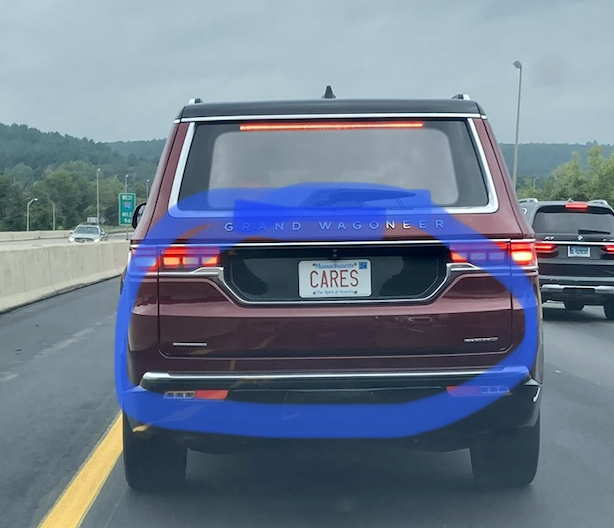
I was also “held“ beside this food trailer:
The subject of spirituality and interconnectedness and coincidence will get its own post someday. But its beautiful subtlety is not lost on me.
The subject of the care economy is taking a larger role in my life lately.
Episode four in season one of
Mujéres Co-labor for Peace is about the care economy. A new adventure is taking me deeper into this space and, particularly due to season two and the focus I have on the caring people, predominantly women, supporting so many in
Peaceful Dying.
Please watch or listen to my MC4P podcast. I would love to hear it what care it evokes in you.


